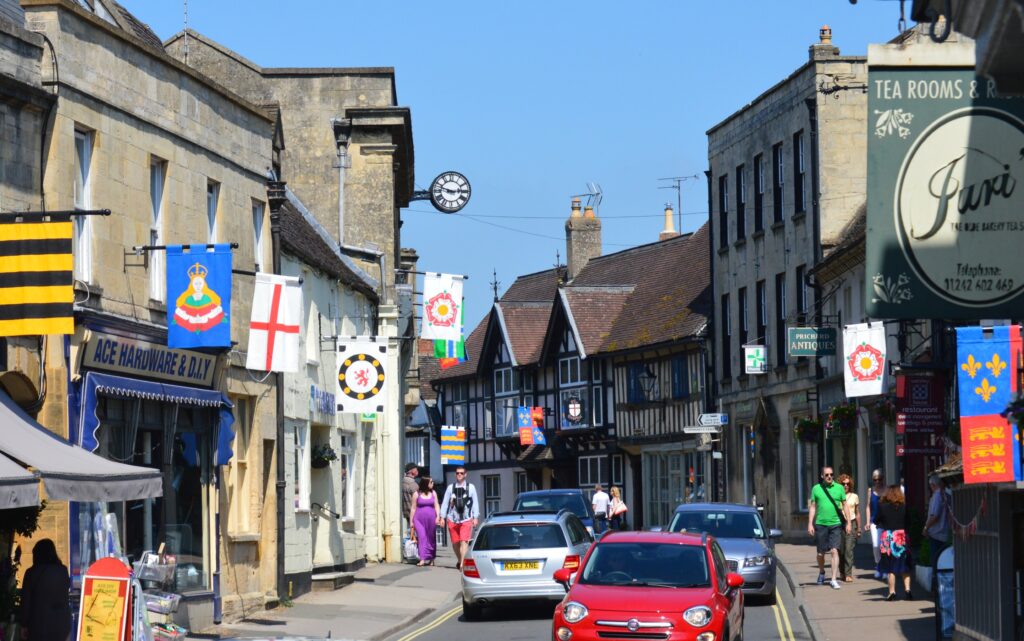 Today is World Soil Day, when the attention of the world is focussed on one of our most important natural resources – soil.
Today is World Soil Day, when the attention of the world is focussed on one of our most important natural resources – soil.
World Soil Day is held annually on 5th December to highlight the importance of soil on Earth. We need soil for basic survival – food and energy.
Farmers already know the central importance of the soil to their business and its future. However, current crop production levels are often maintained by increased inputs, such as fertilisers, pesticides and technology, which can mask losses in production due to reduced soil quality.
CCRI researchers are continuing to work on protecting the soil and are promoting soil-improving strategies through two EU-funded projects, RECARE and SoilCare.
SoilCare is investigating ways in which soil quality can be improved through cropping systems and techniques, benefiting both the profitability of farms and the environment. Through a series of workshops, farmers and scientists together have shortlisted a number of soil-improving cropping systems to test in 16 study sites across Europe, including the application of different types of organic material, the use of cover crops, amendments and non-tillage systems. By consulting with stakeholders throughout the project, it is hoped that any promising systems or techniques will be quickly adopted by the farming community, leading ultimately to better soil care.

Jane Mills, who is working on both projects, said on SoilCare,
“In SoilCare we are working closely with farmers, leading machinery manufacturers and policy-makers to ensure that the science is relevant to them and to society. We will then need to make sure that farmers, advisers and the agricultural industry know about the results of our research, so there can be a shift towards these soil-improving cropping systems across Europe.”
The term ‘cropping system’ refers to the crops, crop sequences and management techniques used on a particular agricultural field over a period of years. Cropping systems can be considered soil-improving if they result in an improved soil quality, i.e., in a durable increased ability of the soil to fulfil its functions.
For the other project, RECARE, test plots across Europe are being used to find practical solutions to soil-based problems. Ranging from the cold deserts of Iceland to the grasslands on the Isle of Purbeck (a peninsula in Dorset), Europe has issues with its soil that are relevant, both locally and globally. Fires and floods in 2017 have highlighted soil related problems and the importance of utilizing the techniques and technologies on hand to provide solutions. RECARE project scientists have been working on forest fire-related issues in Portugal, and on how soil can be protected from flooding in mountainous areas.
About the RECARE project, Jane said:
“The RECARE project has been very ambitious bringing scientists together across many specialist areas. We are now beginning to see the results of that collaboration in tools such as IAM, bringing data-driven maps about soil threats to decision-makers in a way that they can use. At the same time, we also have a suite of techniques that farmers and other land managers can use to address urgent soil threats.”




